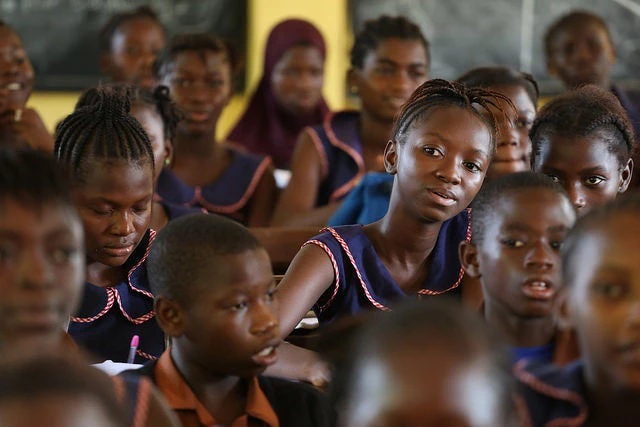In Sierra Leone's rainy season, the Sewa River, feared by many locals for its powerful currents, floods over its banks separating entire villages from basic services. Konta health clinic in Kenema district operates near the shores of the Sewa, and during the six-month rainy season, five of Konta’s 17 dependent villages cannot access the clinic. If women in those villages give birth during the rains, they entrust care to traditional birth attendants; if children fall ill, they turn to traditional medicine, stockpiled drugs, and, often, prayer. As one woman explained during a recent community meeting in Konta, these are the only options, even if the all-too-frequent consequence is death. Hearing her account, it’s difficult not to feel a strong sense of injustice, even in an incredibly resource-constrained country like Sierra Leone. But is there a role for the law in remedying this situation?

The Konta bylaw is one of dozens of “quasi-legal” commitments that have emerged quite unexpectedly across the four districts implementing the community compact intervention. While the intervention uses the construct of compacts – or “social contracts” – to stimulate clinic and community action, local level actors have added to this compact process by enacting their own set of rules to guide behavior in ways they deem important. Other communities have proposed regulations on local waste management and crafted punitive measures to obstruct drug peddlers. Such “quasi-law,” or “soft law,” falls short of the dictates of formal law – these laws are not officially enacted, nor are they enforceable in the formal legal system such as through recourse to the courts. Instead, they derive power in some of the other ways in which law has strength – by aligning with widely agreed social norms, enlisting social networks for enforcement, and leveraging the potential shame that would come with non-compliance.
These soft laws provide one response to the collective action and trust problems that others have identified as fundamental obstacles to development. David Booth from ODI and Duncan Green from Oxfam suggest that exclusive supply- and demand-side governance endeavors fail because “people aren’t prepared to take risks and bear the costs of working with others, unless they believe that everyone else will do so too.” If that is the case, then perhaps the local, public process of identifying problems and drafting a set of responsive rules can remedy deficits in trust and facilitate collective action.

The experience in Sierra Leone reveals the potential utility of locally-designed and -responsive law in addressing mainstream development challenges. A formal randomized-controlled trial of the intervention is underway and will measure impacts on utilization and perceptions of health care delivery. Yet the early results show how communities have been using the dominion of law to make society legible, guide collective behavior, build trust, and promote broader social and economic goals. In Konta’s example, law emerges not separate from economic and political solutions to certain types of critical community problems, but rather as an instrument of those solutions. Konta is using this soft law to navigate an expansive river and connect communities to essential services. In the long run, broader structural answers – including those grounded in the formal law – will have to fully bridge that river and provide equitable health care.


Join the Conversation